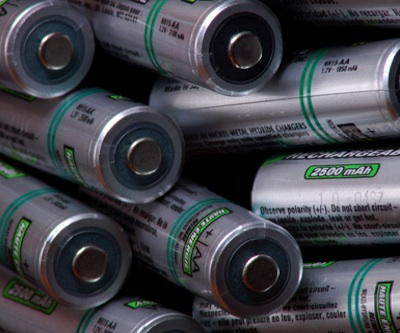Israel’s polished diamond sales collapse in first half of 2012
Polished diamond sales fell 33% to $1.51 billion in the first half of 2012 from $2.26 billion in the first half of 2012, said Monday Shmuel Mordecahi, responsible for the diamond industry at the Israeli Ministry of Industry, Trade and Labour.











